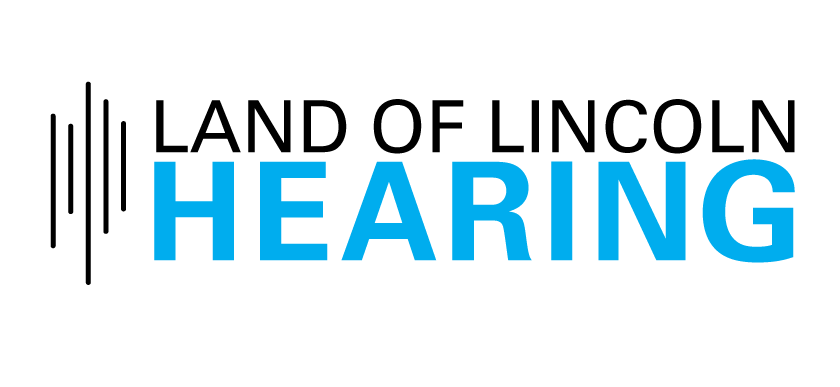COVID-19, the disease caused by the novel coronavirus, brings with it a host of health concerns. Most of these symptoms are respiratory in nature as reported by the CDC; shortness of breath, coughing, sore throat [1]. However, there is some concern that the coronavirus may cause some neurological symptoms as well.
In a study of 214 patients with varying degrees of respiratory involvement from novel coronavirus, 36.4% of patients had symptoms of neurologic manifestations that involved central nervous system, peripheral nervous system, and skeletal muscles [2]. Further, there is some initial evidence that the virus may cause damage to the hearing organs of the inner ear.
Currently, there is little evidence published connecting novel coronavirus and tinnitus directly. But according to the American Tinnitus Association, pre-existing behavioral conditions may make it more likely patients will experience tinnitus due to the stress and depression associated with social isolation and infection avoidance.
For example, one large population study posits that people with generalized anxiety disorder are nearly seven times more likely to experience chronic, burdensome tinnitus [3]. In an age of vigilance with risk of infection and the social isolation to avoid spread, stress and depression are common emotions we all may experience.
Ototoxicity is a potential risk
While it is too early to know whether a potential vaccine will have any risk of ototoxicity (a well-known cause of hearing loss), some currently discussed treatments do pose a potential risk to the auditory system.
The quinine family of drugs, historically used for prophylactic prevention and treatment of malaria, have some history of ototoxicity. However, the most recent trial of this family in treatment of COVID-19 has focused around hydroxychloroquine, which has a lower risk of ototoxicity [4].
A promising therapeutic antiviral being developed and in clinical trials for COVID-19, Remdesivir, does not currently list ototoxicity as a potential side effect, per its maker, Gilead Sciences, Inc.
Hearing professionals are enacting new safety protocols
Today, the greatest concern regarding COVID-19 is in transmission. Hearing loss treatment — like most essential health services — include procedures that make social distancing a challenge but are not impossible to execute safely. Telehealth, curbside service, and appropriate in-office protocols are being put in place at Chicagoland Hearing Aid Centers that will significantly limit exposure potential.
During a time when hearing feels more critical than ever, hearing healthcare becomes an essential health service in which clinicians can and are able to mitigate risk while delivering best hearing practices.
If you have any questions, comments or concerns, please don’t hesitate to contact Land of Lincoln Hearing today! Click here for a list of locations.
Photo by Ani Kolleshi on Unsplash
























